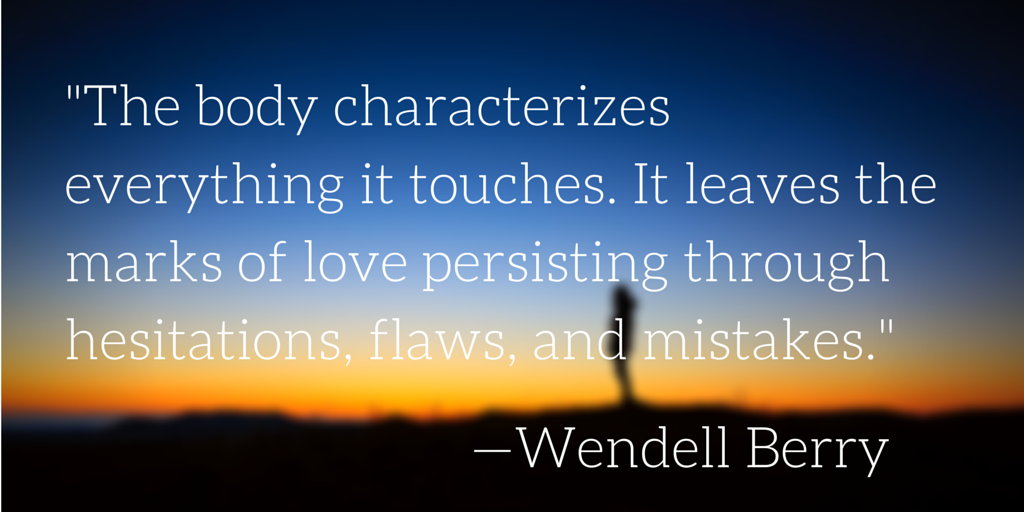It’s difficult for me to read Christian-life-type blogs from the middle-runners in Christianity today. I think, “I should be having these insights,” or “I should be able to see through the shallowness of this generation’s unbiblical notions of spirituality.” And I am ashamed that I have uncritically imbibed and embodied them.
I think that this feeling of shame, however appropriate to the material, is not right. It has its foundation in a lie. The entire world of Christian blogging, to which I have contributed, is built on the anti-Christian-sub-culture cynical dictum “You have heard it said, but I say to you . . .” And on what basis do “I say”? “Well, I am a pastor and a scholar and I have 10K followers on twitter.” So, I had the random thought, “If we invited all the Ancient Near Eastern Kings to a casual get together today, I think the conversation between them would sound eerily similar to the current Christian blogging world.”
For instance, you might see Sargon of Akkad, the Sumerian King from 2334 to 2279 BCE, beginning some cocktail party small-talk with “I [am] Sargon, guardian of justice, who does not transgress agains Aššur and Šamaš, the humble and unceasing worshiper of Nabû and Marduk.”[1]And Sennacherib, king of Assyria (705-681 BC), not to be outdone in piety, garbles through his half-eaten pig-in-a-blanket, “[I bear] a righteous scepter, which enlarged the border, an unsparing lance of the overthrow of enemies,”[2]and “[I am] guardian of the right, lover of justice . . . perfect hero, mighty man, first among all princes, the powerful one who consumes the insubmissive, who strikes the wicked with lightning.”[3] And surely, Tuthmosis III, Pharaoh of Egypt from 1479-1425 BCE, would have in his back pocket the great poem that the god Amun-Re said to him:
I placed your enemies beneath your feet,
That you might crush rebellion and falsehood.
I granted you the fullest extent of the earth;
Thus East and West must join to do your will. . .
I came to let you trample Libyan lands . . .
Your majesty appears a ferocious lion,
Making corpses their sole valleys’ stock. . .
I came to let you tread the border folk,
To bind sand-dwellers as your captive thralls.[4]
Yeah, that sounds like me, and that sounds like a bunch of my peers.
I only want humility and sanity to prosper in the hearts and lives of God’s people. Maybe that means learning from peers even when I don’t like having my comfortable conceptions challenged. Maybe that means changing the tone of Christian blogging today. Probably both. Maybe something new altogether. Either way, I would be enormously encouraged if we could find a mode of discourse that didn’t involve swinging in violent so-called piety against the previous generation’s conception of the Christian life.
Sometimes those are the only categories that I have to access the truth of God’s word in the moment, and having them destroyed is disorienting. Sometimes it even gives me a sense of disconnectedness from God, because a beloved spiritual tool of mine has been torn to shreds by a leading blogger’s cynicism. I don’t particularly enjoy feeling like a face in another crowd of theological spoil for our Christianized 21st century egoism that dominated the 21st century BC. And yet, I want to hold my theology before Scripture (2 Tim. 3:16). May God help us to remain sane and humble.
[1] ARAB, §156; W. Mayer, “Sargons Feldzug gegen Urartu-714 v. Chr.: Text und Übersetzung,” Mitteilungen der deutschen Orient-Gesselschaft 115 (1983): 84:156 [65-132].
[2] Daniel David Luckenbill, The Annals of Sennacherib (Chicago: The University of Chicago Press, 1924), 85:5.
[3] Ibid., 23:4-5, 7-9; 48:2-3; 55:2-3; 66:1-2. C. L. Crouch explains, “The titulary’s specificity in stating that Sennacherib’s campaigns against the insubmissive were undertaken by means of striking with lightning (barāqu) may not be insignificant: lightning (birqu) is one of Marduk’s weapons in Enūma eliš. Though naturally more frequently associated with Adad, the storm god, their reference may reiterate the emphasis on the role of the king in the cosmic struggle against chaos, and implicitly depict the enemy thus defeated as the embodiment of chaos, the human form of Tiamat. That it is the ‘insubmissisve’ who are subject to this weapon ties in with the idea of the chaotic enemy being those who do not subordinate themselves voluntarily to the Assyrian system of order.” C. L. Crouch, War and Ethics in the Ancient Near East: Military Violence in Light of Cosmology and History (New York: Walter de Gruyter, 2009), 123-124
[4] Robert Anderson, “Warfare in ancient Egyptian Poetry,” in Warfare and Poetry in the Middle East, ed. Hugh Kenney (New York: I. B. Tauris, 2013), 106-107 [99-118].











